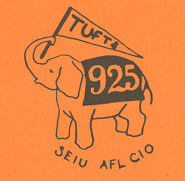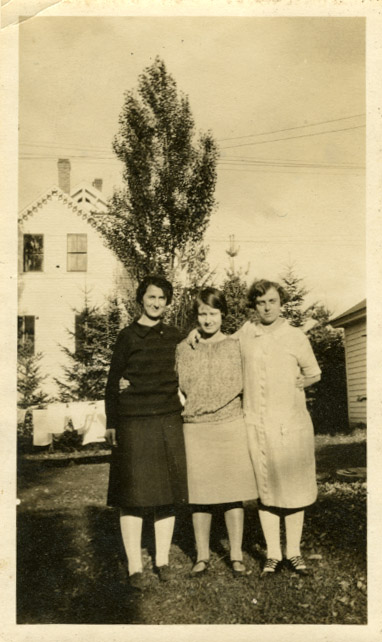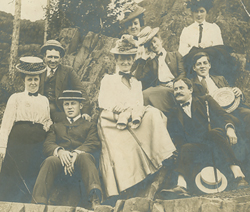Susan Eliza Boyden Papers
Enlisting for military service during the First World War, Frank Boyden Kelton began basic training in Jacksonville, Fla., in December 1917, and arrived in France as part of the American Expeditionary Forces by May 1918. Assigned to duty with the motor transport service in spare parts depots, he served in France through the late winter 1919.
The Boyden Papers contain 21 letters from Frank Kelton to his aunt in Holden, Mass., Susan Eliza “Lila” Boyden, along with five letters from other servicemen or their spouses. Despite some self-censorship and a stated desire not to emphasize the hardships he endured, Kelton’s letters provide a sense of service in one of the support units for the AEF. The single letter from family friend Ben D’Ewart briefly recaps his activities in the 110 Mortar Battery of Coast Artillery Corps during the battles of St. Mihiel and the Argonne Forrest.



